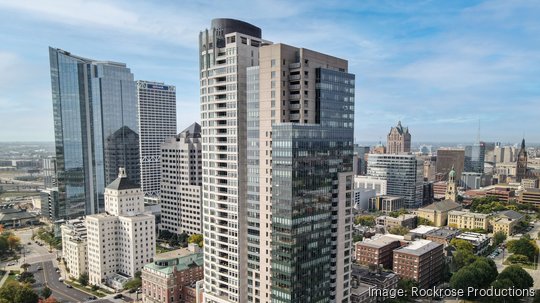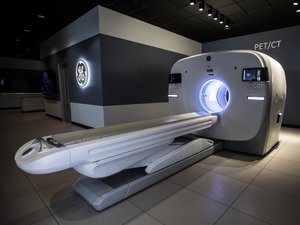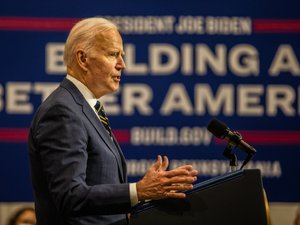
As Wisconsin celebrated a successful bid to become a designated U.S. regional technology hub, hundreds of other places across the country — including St. Louis, Pittsburgh and Raleigh, North Carolina — didn't make the cut.
Wisconsin was among 31 places the Biden Administration recently designated as a Regional Tech Hub under the CHIPS and Science Act, which comes with the opportunity to compete for millions in federal funding.
The tech hubs program is designed to invest in regional tech hubs across the U.S., putting dollars behind geographies outside of well-established hubs like Silicon Valley and Boston.
The administration is expected to select five to 10 of the designated hubs to receive up to $75 million each. Applications for that funding are due at the end of February, according to Wendy Harris, who's being hired to lead Wisconsin's tech hub.
Wisconsin won its tech hub bid with a Milwaukee-Madison consortium focused on biohealth and personalized medicine. It was selected from a pool of more than 370 applicants across 49 states.
Tech hub proposals that didn't make the cut
These are just some of the places that submitted tech hub proposals and weren't selected as designated hubs.
- Albany, New York: Rensselaer Polytechnic Institute led a bid to be a hub focused on biomanufacturing. Although it wasn't successful, New York landed two other tech hub designations.
- Columbus, Ohio: A coalition in central and southeast Ohio sought to be chosen as a semiconductor tech hub. Last year, Ohio was chosen over southeast Wisconsin for a $20 billion Intel Corp. semiconductor facility.
- Raleigh, North Carolina: A group near North Carolina's Research Triangle was looking to have the region designated as a hub for advanced communications and immersive technologies.
- Pittsburgh: An initiative led by the University of Pittsburgh and an organization called InnovatePGH sought to create a tech hub leveraging advanced manufacturing, life sciences and artificial intelligence.
- Sacramento, California: California State University Sacramento submitted a bid to become a hub for zero-emission vehicle technologies. However, none of the winning tech hubs were in California.
- St. Louis: A St. Louis consortium led by nonprofit startup investor BioSTL would have focused on a field called "multi-omics." Although it wasn't selected, two of the winning hubs were in other parts of Missouri.
- Tampa, Florida: The University of South Florida led a failed effort to have the Tampa Bay region designated as a cybersecurity tech hub. However, the Miami area was named a tech hub for sustainable and climate-resilient infrastructure.






